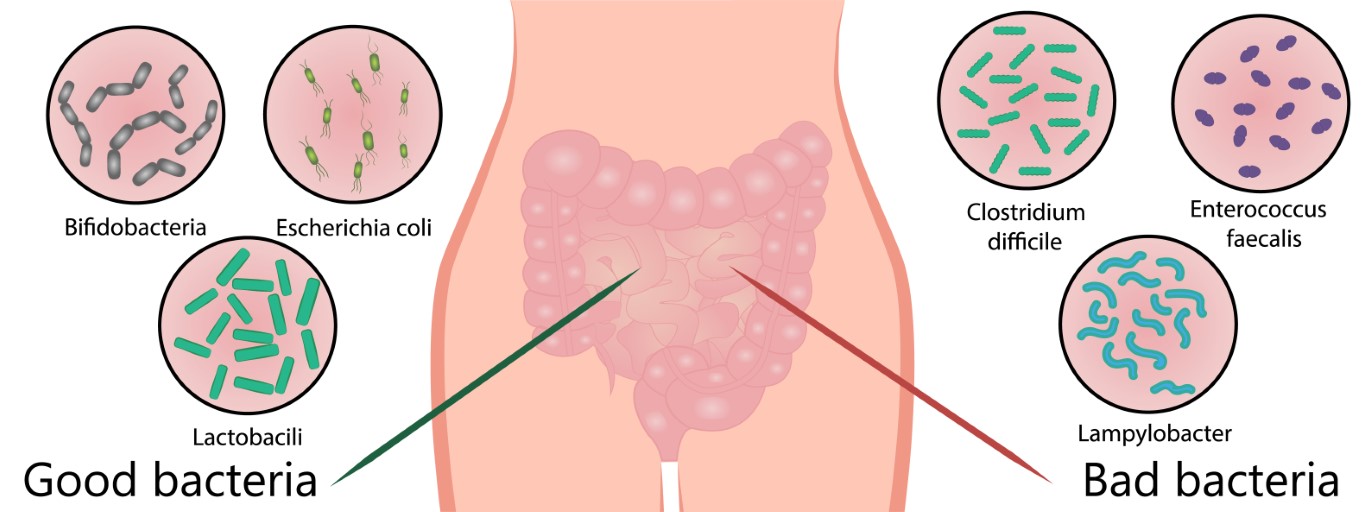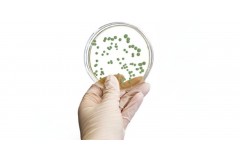Do you experience ailments of unknown provenience? They are likely to be a result of a food intolerance – otherwise known as a delayed allergic reaction. In order to free ourselves from these symptoms, it is necessary to exclude problematic components from our diets. As of now, food intolerance tests are the only reliable method of diagnosing delayed food hypersensitivity (type III).
Once the levels of the nutrition-related IgG antibodies is determined, we can proceed to create an effective individual eliminatory diet.

Laboratory tests FoodPrint® i FoodTest®, which use a blood sample, are conducted in a certified laboratory by a qualified diagnostician. They assure the highest quality and specificity. They employ the ELISA method, which for many years has been successfully used in laboratories and research centers on the global scale. The test is conducted with the ELISA scanner and a collection of standardized plates with food allergen samples. The standardization ensures the 100% repetitiveness of the test environment, which differs it from the fairly unreliable cytotoxic tests. Presently, there are no other fully reliable diagnostic tools in the field of food hypersensitivity than those based on the IgE antibodies (related to immediate allergic reactions) and IgG antibodies (related to delayed allergic reactions).
The test results include concentration of the IgG antibodies against a variety of foods as well as the norms for comparison.
The tests use plates produced by Cambridge Nutritional Sciences (CNS) Ltd. (part of Omega Diagnostics Group PLC). Since 1994, the CNS specializes in producing tests related to infectious and autoimmunological diseases. Their products utilize the immunoenzymosorption method, which assures the precision and accuracy of the results. Their production facilities fulfill the ISO 13485 and ISO 9001 standards. Moreover the CNS received the quality certificate from the Lloyd's Register Quality Assurance (LRQA) and is a member of the BIVDA (The British In Vitro Diagnostic Association).
What is food intolerance?
Food intolerance (food hypersensitivity) is an abnormal reaction of the body to certain ingredients in food. It is characterized by an increase in the IgG antibodies level, as they are produced in blood to combat the unwanted ingredients. Usually, the symptoms of food intolerance occur after a few hours and, sometimes, as late as a few days after the consumption of the problematic product, and they can linger on for as long as several weeks. The researchers argue that around 45% people experience some form of food intolerance.
What is the difference between food intolerance and allergy?
Food intolerance is often confused with allergy. The difference, however, is that the symptoms of a standard allergy occur immediately after consuming a problematic product and include rash, sneezing, and anaphylactic shock; while the symptoms of food intolerance occur with a delay (from a few hours to a few days) and are not specific.
What are the symptoms of food intolerance?
The symptoms of food intolerance are not specific and, therefore, difficult to immediately associate with the food that caused them. Nonetheless, the delayed reaction is linked to a chronic inflammation, which can lead to numerous symptoms, such as:
• Involuntary nocturnal enuresis
• Bloating
• Bronchitis
• Coeliac disease (digestion disorder resulting from gluten intolerance)
• Chronic Fatigue Syndrome (CFS/ME)
• Constipation
• Mucoviscidosis
• Depression
• Diarrhea
• Fibromyalgia (widespread pain if the musculoskeletal system)
• Gastritis
• Headaches
• Enteritis
• Insomnia
• Hyperactivity disorder
• Irritable Bowel Syndrome (IBS)
• Pruitus (itching)
• Malabsorption
• Migraine
• Sleep disorders
• Water retention
• Being overweight and underweight
How do I check if I have food intolerance?
Food intolerances detection is conducted by determining the concentration of the IgG antibodies. In Elsner Anti-Aging Clinic we use the FoodPrint® i FoodTest® – these are quantitative tests, which inform about the intensity of the delayed reaction to problematic food. The tests use a blood sample, and their results are available after 14 days. Once the results are analyzed, the patient receives a personalized diet program.




